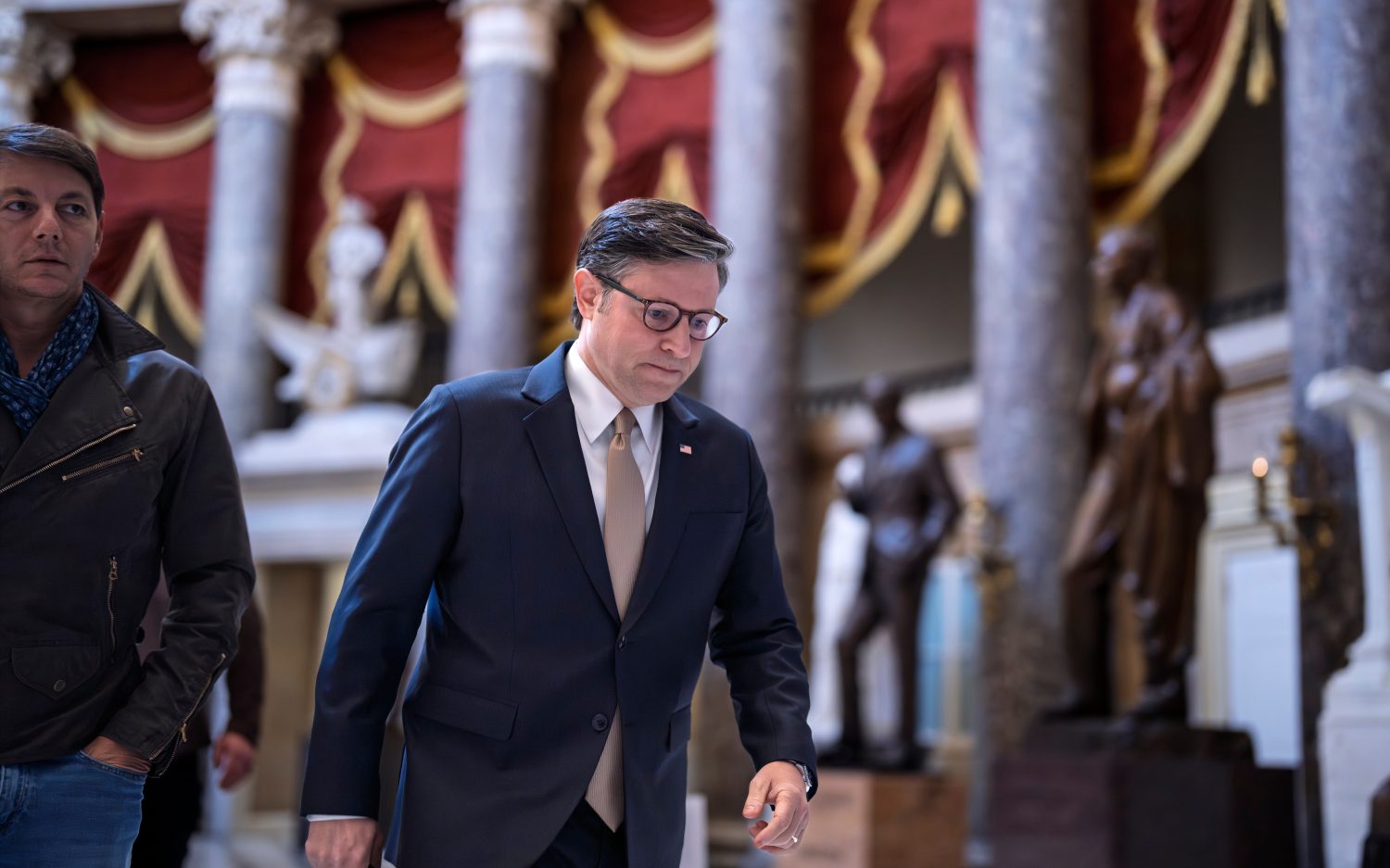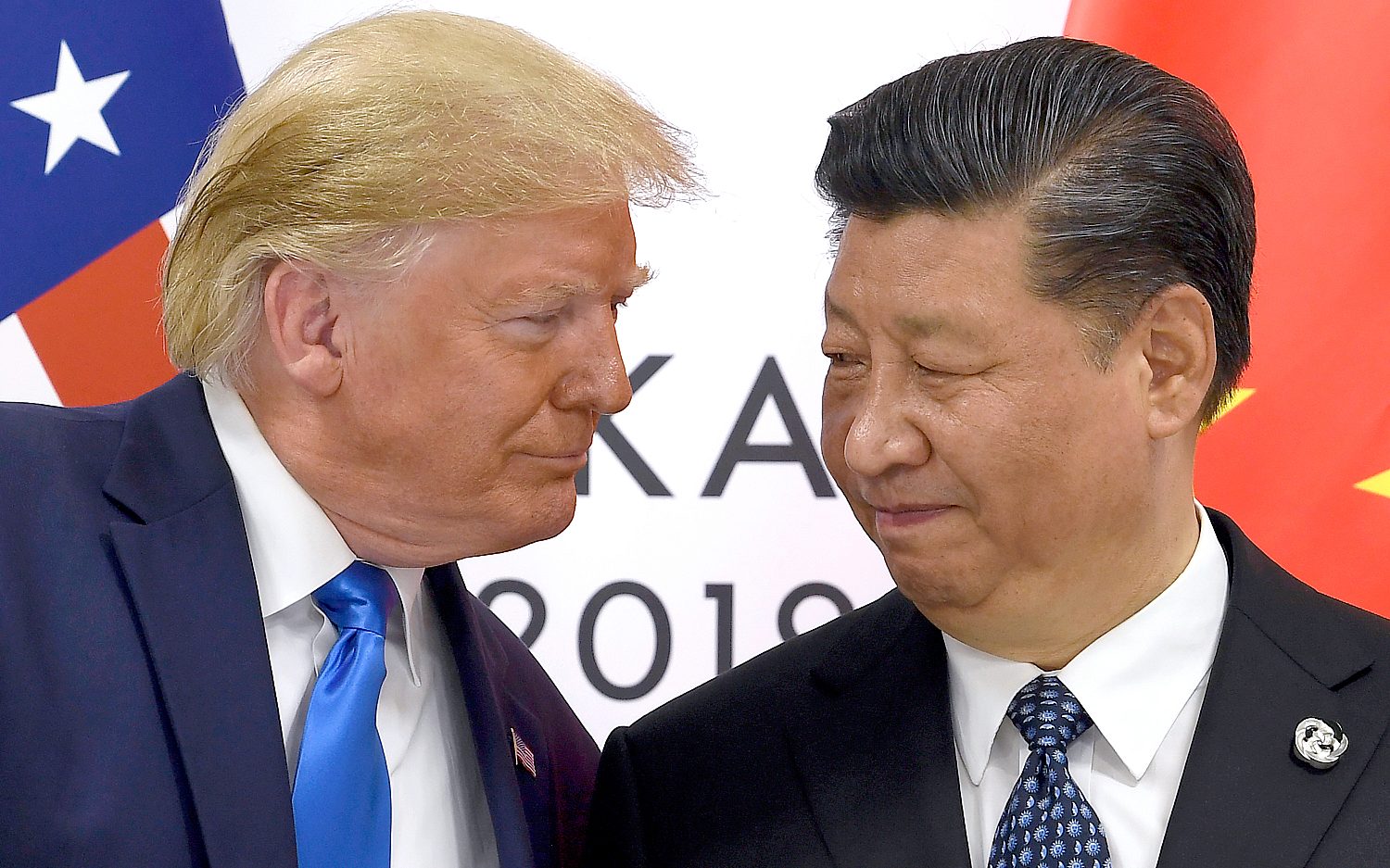'Game of Change' leader dies at 72
Leland Mitchell, who starred for the all-white Mississippi State men’s basketball team in the early 1960s and played a key role in what’s known as the “Game of Change,” died Saturday at the age of 72. The 6-foot-4-inch Kiln, Miss.-native led the Bulldogs to three straight Southeastern Conference (SEC) titles, and went on to play in the pros for the American Basketball Association’s New Orleans Buccaneers.
Mitchell cemented his fame in 1963 when he helped lead the Bulldogs out of a segregated Mississippi in the middle of the night to play an integrated Loyola University team in Michigan in the Midwest Regional of the NCAA Tournament.
“We wanted to play,” Mitchell said years later. “We had just won the SEC championship for the third year in a row and we hadn’t been allowed to play in the NCAA Tournament the past two years. For us the biggest thing was getting the opportunity to play in the tournament because it was something we felt we deserved.”
At the time, Mississippi Gov. Ross Barnett and other state leaders feared that white and black basketball players competing against each other on the same court might lead to “integration across the land.” While the university was willing to send its team to play Loyola in the tournament, a state court issued an injunction to keep the school from violating Mississippi’s “public policies” by playing against an all-black or integrated team.
Upon hearing the court’s ruling, Mitchell reacted immediately, seeking a way around the injunction to play Loyola: “We need to head out tonight. Who all else has a car?” The players flew to Nashville, Tenn., and then on to Michigan, where they played the Ramblers on March 15, 1963.
Loyola won the game 61-51, despite Mitchell’s 14 points and 11 rebounds. Mitchell noted years later that his team did not realize the importance of the game from a historical or civil rights standpoint: “It was much more than a basketball game. We were making history. We were ambassadors for the South, though none of us realized it at the time.”
An actual newsletter worth subscribing to instead of just a collection of links. —Adam
Sign up to receive The Sift email newsletter each weekday morning for the latest headlines from WORLD’s breaking news team.




Please wait while we load the latest comments...
Comments
Please register, subscribe, or log in to comment on this article.